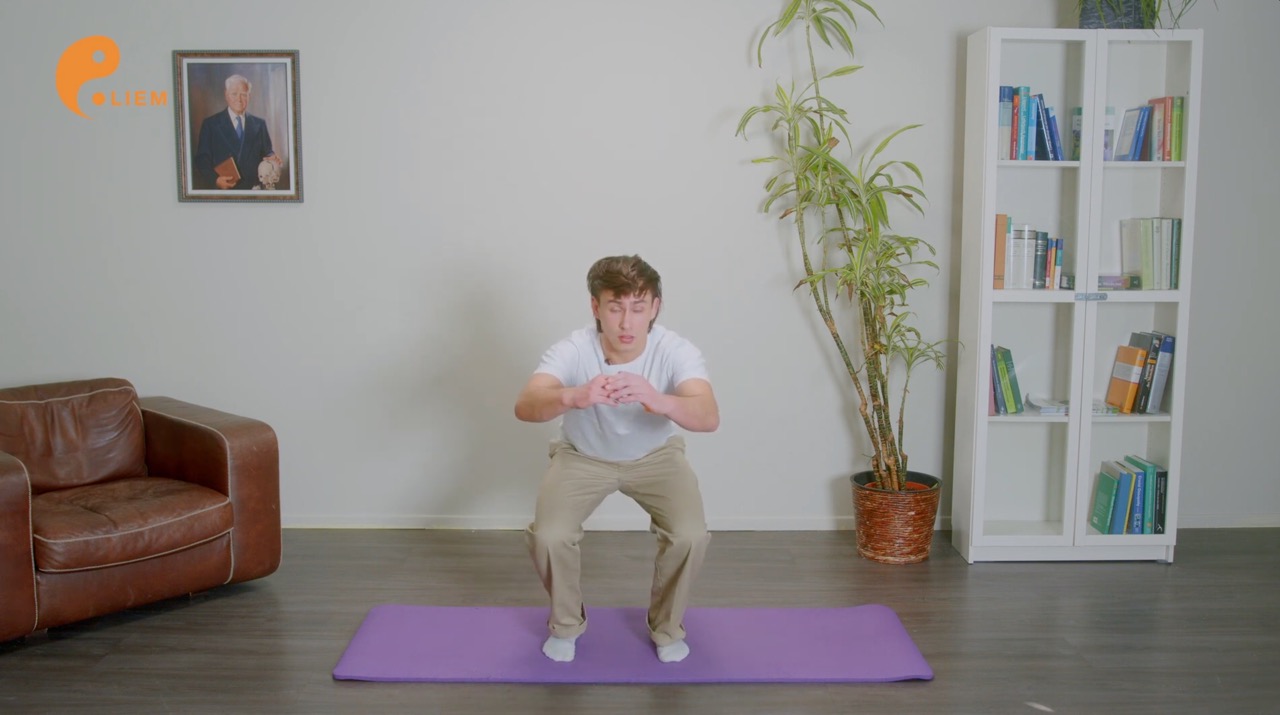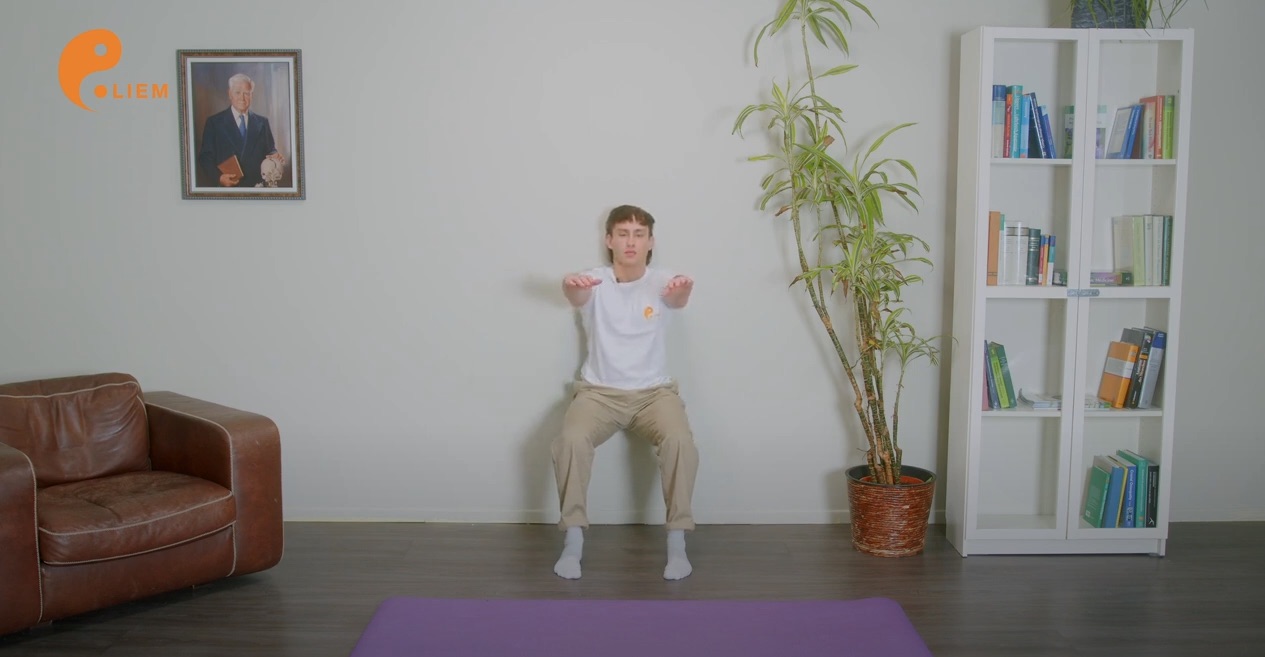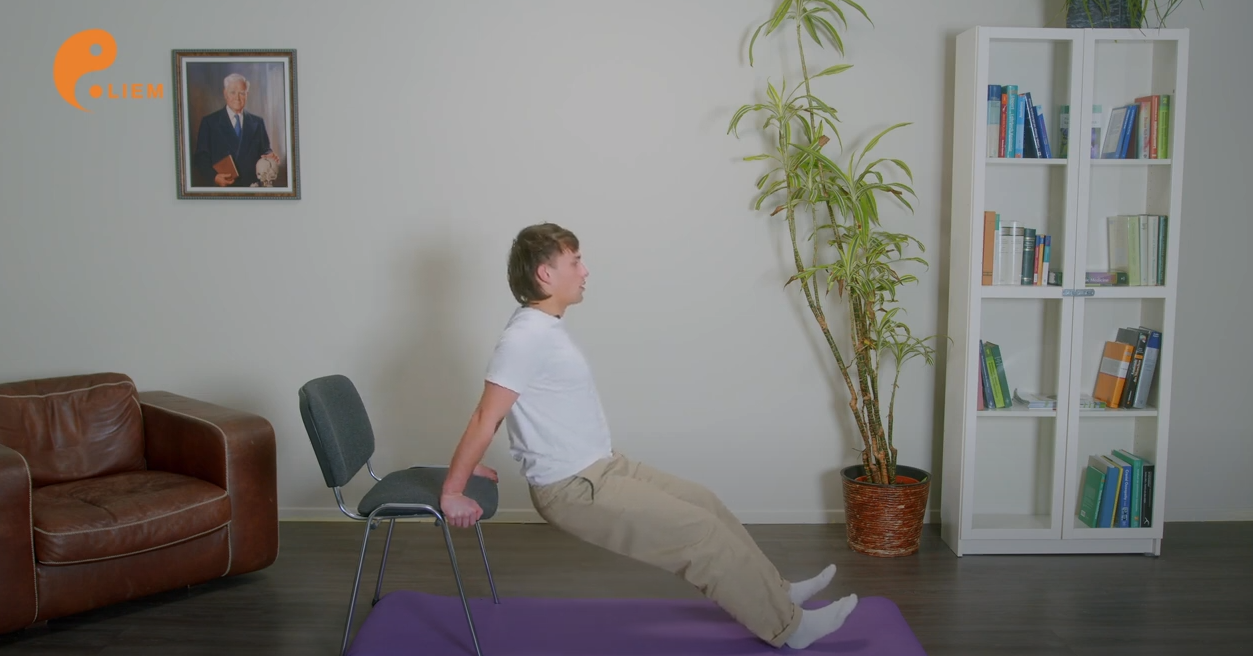- Studies on the influence of economic factors on happiness and well-being are numerous. The topic is complex and multifaceted, as studies on income show, for example. Many studies agree that income inequality, not absolute income, is an important predictor of happiness. However, the role of income inequality is controversial. Yu, Wang (2017) argue that income inequality and happiness have an inverted U-shaped relationship due to the dynamic competing process between two effects. When income inequality is relatively low, the signal effect will be the dominant factor in which people feel happy because they view income as a signal of social mobility and expected upward mobility. However, when a society's level of income inequality rises beyond a critical point, the jealousy effect becomes the dominant factor where people tend to be unhappy due to a lack of prospect of upward mobility and due to jealousy towards their richer peers. (1)
- A review by Dolan, Peasgood and White (2007) examined the relationship between economic factors and subjective well-being. The study concludes that poor health, separation, unemployment and lack of social contacts are strongly negatively associated with subjective well-being. (2) The results of this study are presented below.
- Influence of age: Studies indicate a U-shaped curve with higher well-being at younger and older ages and the lowest life satisfaction at middle age between 32 and 50 years, depending on the study.
- Gender: Women tend to report higher happiness but worse scores on the General Health Questionnaire, although some studies do not report gender differences.
- Personality: There is a very moderate relationship between subjective well-being and personality. People with higher self-esteem seem to suffer less from depression.
- Education: Some studies show a positive relationship between each additional level of education and subjective well-being, while other studies find that middle school education is related to the highest life satisfaction. However, there is evidence that education tends to have a positive impact in low-income countries. Educational qualifications may be related to unobservable individual-level characteristics such as motivation, intelligence or family background, and the benefits of education may be positional rather than absolute.
- Health: a strong correlation was found between subjective well-being and physical and mental health.
- Type of work: There is insufficient study evidence to draw firm conclusions regarding the impact of work on well-being. Many European studies find no significant difference between employment and self-employment. The positive effect of self-employment is limited to the rich population.
- Caring for others: More caring for others is associated with poorer General Health Questionnaire scores, lower satisfaction and more depressive symptoms.
- Autonomy: This has been suggested as an essential prerequisite for well-being. The losses of satisfaction associated with caregiving may be due to the loss of autonomy and the choice to be in a full-time caregiving role.

- Attitudes and beliefs towards self, others and life: Membership in (non-church) organisations and regular engagement in religious activities have a positive effect on subjective well-being. Simple types of activities such as gardening can be associated with higher life satisfaction and this is particularly important for those over 60. Perceptions of circumstances: Poorer self-perceptions of the current financial situation are usually associated with lower life satisfaction. Social confidence (trust in the majority of fellow human beings) is associated with higher life satisfaction and contentment and a lower likelihood of suicide. In general, our beliefs influence our subjective well-being. Religious people are generally happier than non-religious people, regardless of their beliefs. Belief in a god means a higher level of life satisfaction, secondary to which religion one belongs. Being alone seems to be worse for life satisfaction than being in a partnership. Regular sex is associated with more positive life satisfaction, especially with a partner. This is an indication that being in a caring relationship, rather than just a series of less close relationships, is important for well-being. Evidence on the extent to which well-being is dependent on children varies and differs between studies and countries. Contact with family, but not friends, shows a significant positive effect on life satisfaction. However, the effect is small.
- Broader economic, social and political environment: Research for the impact of income inequality on well-being is mixed. In the US and Europe, national unemployment rates have been found to reduce subjective well-being. Evidence on the impact of the welfare state is limited. There remains a positive relationship between democracy and life satisfaction. Environmental problems faced lower life satisfaction, e.g. pollution measured by nitrogen dioxide affects overall satisfaction. Living in an insecure or deprived area has a negative impact on life satisfaction. For Europe, it was found that living in large cities affects life satisfaction, while living in rural areas is beneficial.
- Personal advice books usually look at the topic from a different angle. The focus is particularly on how subjective well-being and the feeling of happiness can be trained, so to speak. Here, the focus is more on the view that happiness and being happy means something different for everyone and that living conditions are not decisive for our happiness. The question here is how we can adapt to changing living conditions and problems and how we can increase our experience of happiness and well-being. This also includes self-reflections on how our attitude towards happiness influences how much happy moments we experience. In fact, there are many proven and scientifically researched ways you can do something yourself to feel happier and more content. Here are my Top 9 Tips for Happiness.
- Yu Z, Wang F. Income Inequality and Happiness: An Inverted U-Shaped Curve. Front Psychol. 2017;8:2052.
- Dolan P, Peasgood T, White M. Do we really know what makes us happy? A review of the economic literature on the factors associated with subjective well-being Journal of Economic Psychology. 2008; 29: 94-122.





